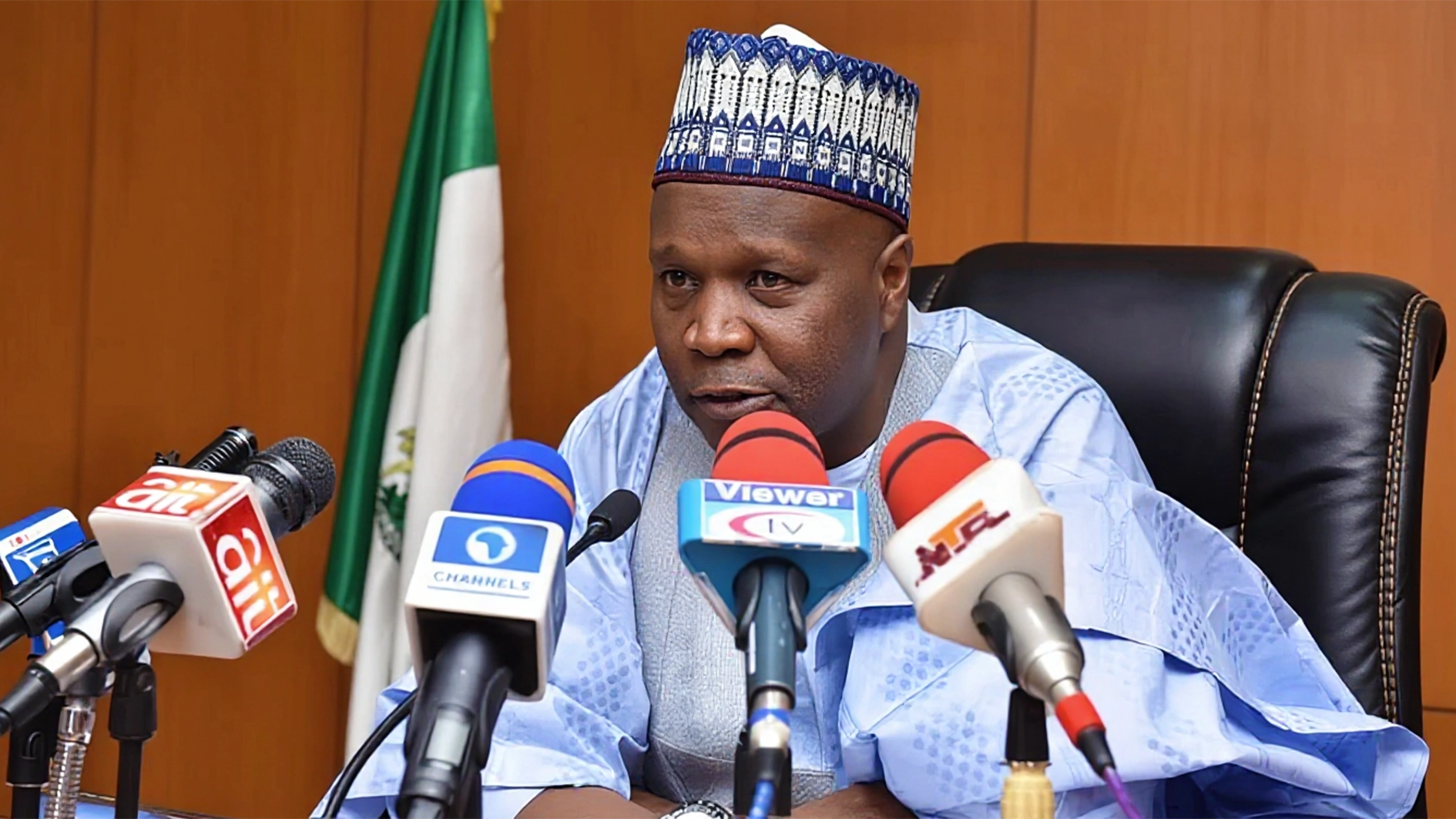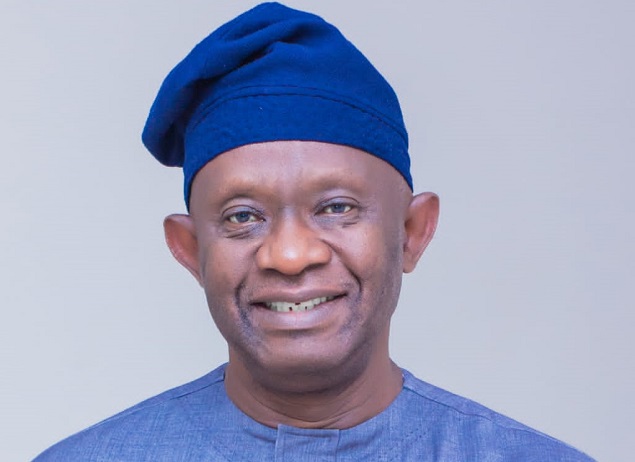President Bola Tinubu has approved the National Policy on Health Workforce Migration, which aims to transform healthcare human resource management in Nigeria.
The policy was announced by Coordinating Minister of Health & Social Welfare, Muhammad Ali Pate, in a statement on Monday.
Pate stated that the policy addresses the critical challenges facing Nigeria’s health human resources by seeking to manage, harness, and reverse the ongoing exodus of healthcare professionals from Nigeria.
“This policy is more than just a response to the ongoing exodus of healthcare professionals; it’s a comprehensive strategy to manage, harness, and reverse health worker migration.
“It envisions a thriving workforce that is well-supported, adequately rewarded, and optimally utilised to meet the healthcare needs of all Nigerians,” Pate said.
He added that the human health resource policy sets a framework for regular reviews of working conditions and ensures that health workers, especially in rural and underserved areas, receive the recognition and rewards they deserve.
Pate also noted that the policy’s focus on digital health infrastructure—including Electronic Medical Records (EMR), telehealth, and a comprehensive Health Workforce Registry—marks a significant step towards a more efficient, data-driven health system. According to him, these innovations will streamline healthcare delivery and enhance the equitable distribution of health workers, ensuring access to quality care for all Nigerians.
The policy also recognizes the importance of continuous professional development, with strategic partnerships and opportunities for international training to equip healthcare professionals with cutting-edge skills, Pate stated.
He added that the policy will address the return and reintegration of Nigerian health professionals from the diaspora by establishing streamlined registration processes and providing attractive incentives.
“The policy not only encourages the return of our talented professionals but actively reintegrates them into our health system. This approach leverages the expertise of our diaspora to bridge gaps within the health sector,” he added.
“Also, the policy champions reciprocal agreements with other nations to ensure that the exchange of health workers benefits Nigeria. These bilateral and multilateral agreements are designed to protect national interests while respecting the rights and aspirations of our healthcare professionals. We call on recipient countries to implement a 1:1 match—training one worker to replace every publicly trained Nigerian worker they receive.
“Recognizing the importance of work-life balance, the policy includes provisions for routine health checks, mental well-being support, and reasonable working hours, especially for younger doctors. These measures aim to create a supportive work environment, reducing burnout and enhancing job satisfaction.
“The governance of this policy will be overseen by the National Human Resources for Health Program (NHRHP) within the Federal Ministry of Health & Social Welfare, in collaboration with state governments. This ensures responsible implementation and alignment with broader sector-wide (SWAp) health objectives.”
Pate stated that the National Policy on Health Workforce Migration is set to secure the future of Nigeria’s healthcare system, noting that the policy will further catalyse the transformation of the health sector, ensuring access to quality healthcare for all Nigerians.






